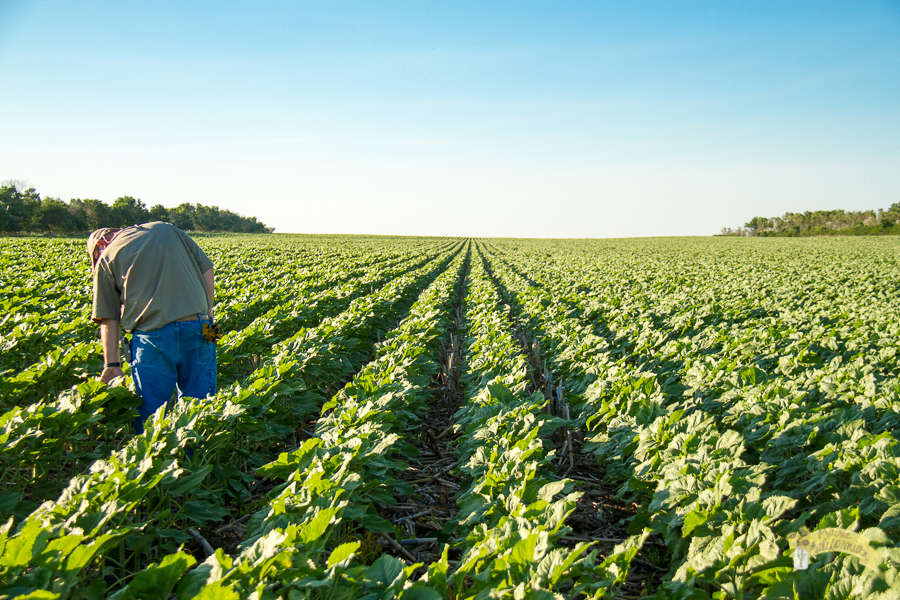
What exactly is an agronomist?
An agronomist is a specialist who applies scientific expertise and methods to the management and creation of crops. Agronomists do the job in many different settings, from farms and ranches to governing administration organizations and private businesses. They might also work in research laboratories or instruct at colleges and universities.
Most agronomists have no less than a bachelor's diploma in agronomy or possibly a relevant area, like agricultural science or soil science. Many agronomists even have master's degrees or doctorates. The exact nature of an agronomist's position will depend on her or his specialty and employer.
Agronomists play a significant purpose in making certain that crops are healthier and effective. They use their understanding of plant science to establish strategies to improve crop production, fight pests and diseases, and preserve water together with other resources.
The function of the agronomist
is to help the entire world meet its rising food production requirements. According to the U.S. Bureau of Labor Studies (BLS), employment for agronomists is predicted to expand faster than average, with openings due to progress and replacement needs.
The work of the agronomist
is difficult and fulfilling, with agronomists frequently getting involved in study and schooling.
The education of an agronomist
Agronomists will need at the very least a bachelor's diploma in agronomy or related area from an accredited uni.
The way forward for agronomy
Agronomists help to make sure that the earth's population learn more has enough foodstuff, they usually work to enhance crop yields and lessen agriculture's influence on the ecosystem. The BLS says that agronomists are in demand, but Competitiveness for Positions is probably going to agronomists be strong.
Conclusion
Agronomists are concerned with the review of vegetation, plus they do the job in a variety of fields, from agricultural study to raising crops. Agronomists are necessary to make certain that crops are generated for consumption, but In addition they help produce biofuels as well as other plant-based goods.